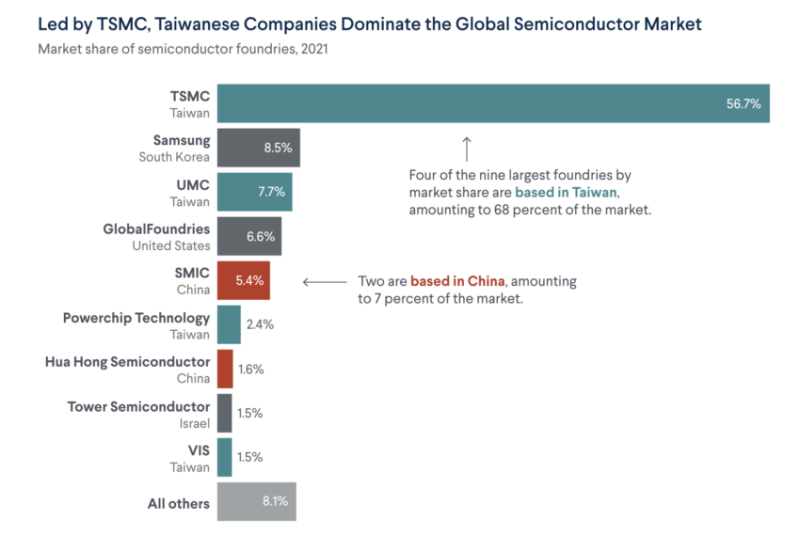The restrictions will not apply to chips used in consumer electronics like smartphones, laptops, and gaming devices. The rules are set to become effective in 30 days.
US AI Firms Say China Exports Help Revenues
The curbs are intended to thwart the advancement of China’s military might, especially in light of advancements in artificial intelligence (AI). The US fears advanced chips in Chinese hands could empower more devastating weapons and military strategies that threaten US national security.
Companies must notify the government when exporting chips with speeds of more than 300 teraflops, devices capable of 300 trillion highly precise calculations per second. The government will allow the export of chips between 150 and 300 teraflops only if they can perform fewer than 370 billion calculations per square millimeter.
The new restrictions come after American companies had found ways to workaround export controls tabled by the Biden administration last year. US companies Nvidia, Intel, and Qualcomm have protested that the restrictions would hurt the revenues needed to build factories in the US.
For example, 20-25% of Nvidia’s data center revenue comes from China, which includes AI-focused chips like the A800 and H800 and other non-AI devices. These chips can be used to train AI models but are less powerful than their American counterparts.
Nvidia’s stock was down 7.5% after the US announcement but has since recovered.
Taiwan’s Role in the AI Chip Market
Nvidia’s CEO, Jensen Huang, said the company is unlikely to see the impact of these new restrictions on its near-term results. The company offers software tools and chips to speed up AI development and is currently one of the world’s most valuable companies.
“Given the demand worldwide for our products, we don’t expect a near-term meaningful impact on our financial results,” Huang said.
But its potential Achilles heel could be its reliance on Taiwan Semiconductor Manufacturing Company (TSMC), one of the few firms with equipment and expertise capable of manufacturing Nvidia’s latest AI chips. Apple’s new iPhone 15 also relies on TSMC, one of the few companies capable of a three nanometer (three billionths of a meter) manufacturing process.

Taiwanese companies dominate semiconductor industry | Source: Council on Foreign Relations
US President Joe Biden, who is looking to improve relations with Chinese President Xi Jinping in the coming weeks, has vowed to defend Taiwan if China launches a military offensive.
